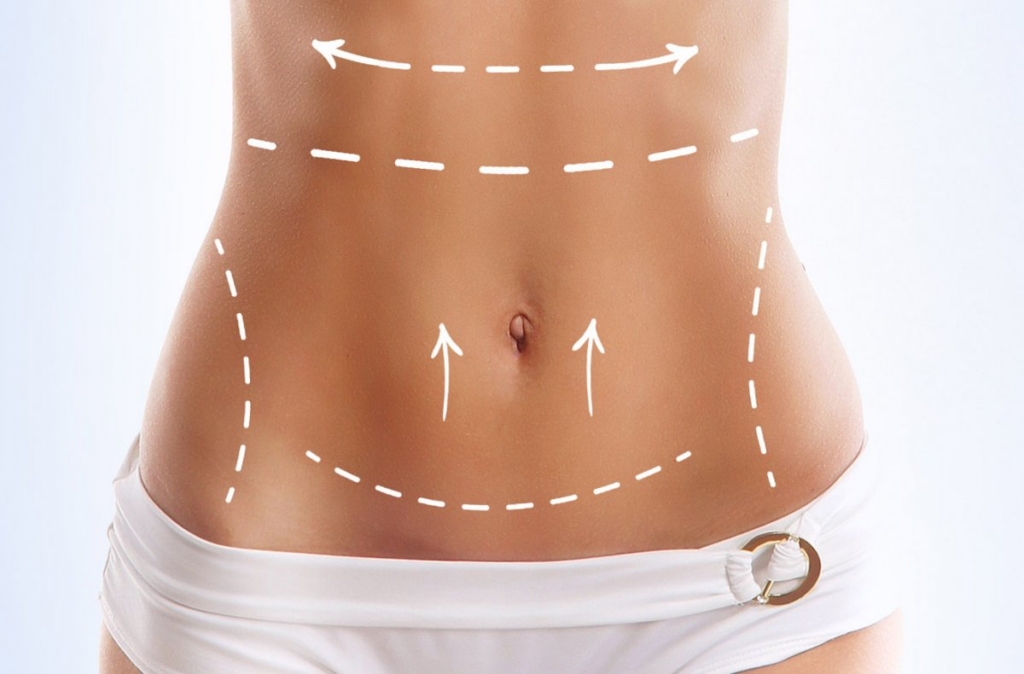A tummy tuck, or abdominoplasty, is a significant surgical procedure designed to remove excess skin and fat from the abdomen, tightening underlying muscles. Eligibility for this procedure is not solely determined by Body Mass Index (BMI), but BMI is a crucial factor considered alongside other health parameters. This article clarifies the relationship between BMI and tummy tuck eligibility within the UK, outlining limitations and alternative options.
Table of Contents
BMI & Tummy Tuck Eligibility in the UK
The UK, like other countries, doesn’t have a universally mandated maximum BMI for abdominoplasty. Surgeons employ a holistic assessment rather than relying solely on a numerical BMI cutoff. While a lower BMI generally indicates a better surgical outcome and reduced risk, the focus is on overall health and realistic expectations. A healthy lifestyle, including appropriate diet and exercise, is crucial for successful post-operative recovery.
A BMI within the overweight range (25-29.9) might still be considered, depending on the patient’s overall health, skin elasticity, and the amount of excess abdominal fat. However, significantly higher BMIs often present increased surgical risks and may necessitate pre-operative weight loss. The surgeon will assess the patient’s body composition, not just the BMI number, to determine the feasibility of the procedure.
Patients with a BMI above 30 (obese) are generally advised to lose weight before undergoing abdominoplasty. This is primarily to minimize surgical complications and improve the chances of a successful outcome. Pre-operative weight loss can also lead to better results in terms of skin retraction and overall aesthetic improvement.
The surgeon’s judgment is paramount. Each case is unique, and the decision regarding eligibility is based on a comprehensive evaluation of the individual’s health profile, including BMI, medical history, and realistic expectations of the procedure. Open and honest communication between patient and surgeon is essential.

Assessing Individual Patient Suitability
Beyond BMI, several factors influence a surgeon’s decision regarding tummy tuck suitability. These include the patient’s overall health, including the presence of any co-morbidities like diabetes or heart disease. Smoking significantly impacts healing and increases the risk of complications, often necessitating cessation before surgery.
The amount and distribution of excess abdominal fat are key considerations. Significant amounts of visceral fat (deep abdominal fat) can increase surgical complexity and risk. Skin elasticity plays a vital role; patients with poor skin elasticity may not achieve optimal results. The surgeon will assess the skin’s ability to retract after the underlying muscles are tightened.
A thorough physical examination is conducted, including assessment of abdominal wall strength and the presence of diastasis recti (separation of abdominal muscles). This examination helps determine the extent of muscle repair needed during the procedure. Imaging studies, such as ultrasound, may be used to further assess abdominal wall anatomy.
The patient’s expectations must be realistic. A tummy tuck is not a weight-loss solution. While it improves abdominal contour, it doesn’t address significant obesity. Open communication between surgeon and patient ensures realistic goals are established and potential limitations are understood.

BMI Limitations and Surgical Risks
Higher BMIs increase the risk of surgical complications, including infection, wound dehiscence (wound separation), seroma formation (fluid collection), and deep vein thrombosis (blood clot). Obesity also increases the risk of anesthesia-related complications. These risks are amplified with significantly elevated BMIs.
Wound healing is often compromised in patients with higher BMIs due to reduced blood supply to the skin and increased tissue tension. This can lead to prolonged healing times and a higher likelihood of complications. The increased abdominal fat can also obscure surgical landmarks, increasing the complexity of the procedure and potentially the risk of errors.
Post-operative recovery can be more challenging for patients with higher BMIs. They may experience more pain, swelling, and bruising. The risk of complications, such as infection, is also increased. Longer hospital stays and more intensive post-operative care might be required.
Surgeons may recommend weight loss prior to surgery to mitigate these risks, improving both the safety and outcome of the procedure. The amount of weight loss required will depend on the individual patient and their BMI.

Alternative Procedures & Considerations
For patients with high BMIs who are not suitable candidates for abdominoplasty, alternative procedures might be considered. Liposuction, while not addressing muscle laxity or excess skin, can remove localized fat deposits. This can improve body contouring in some cases, but it’s not a substitute for a tummy tuck.
Non-surgical options, such as body contouring treatments, may be explored. These treatments, such as radiofrequency or ultrasound-assisted lipolysis, offer less invasive approaches to fat reduction and skin tightening. However, their effectiveness is limited compared to surgical procedures.
Lifestyle modifications, including diet and exercise, are always recommended. Significant weight loss can improve body composition and may make a patient a suitable candidate for abdominoplasty in the future. This approach requires commitment and time but offers long-term health benefits.
Pre-operative counseling is crucial to discuss all available options, weighing the risks and benefits of each approach. Patients should be fully informed about the limitations of each procedure and realistic expectations should be set.
The decision regarding tummy tuck eligibility is a collaborative process between the patient and the surgeon. While BMI is a significant factor, it is not the sole determinant. A comprehensive assessment of overall health, skin elasticity, abdominal wall condition, and realistic expectations is essential for a safe and successful outcome. Alternative procedures and lifestyle modifications should be considered for patients who are not suitable candidates for abdominoplasty.
Transform Your Confidence with Surgyteam!
Join the thousands of satisfied patients who have experienced the exceptional care and expertise of Surgyteam’s renowned plastic surgeons. Whether you’re seeking aesthetic enhancements or reconstructive surgery, our dedicated team in Antalya is here to provide you with the highest quality treatment and personalized care.



